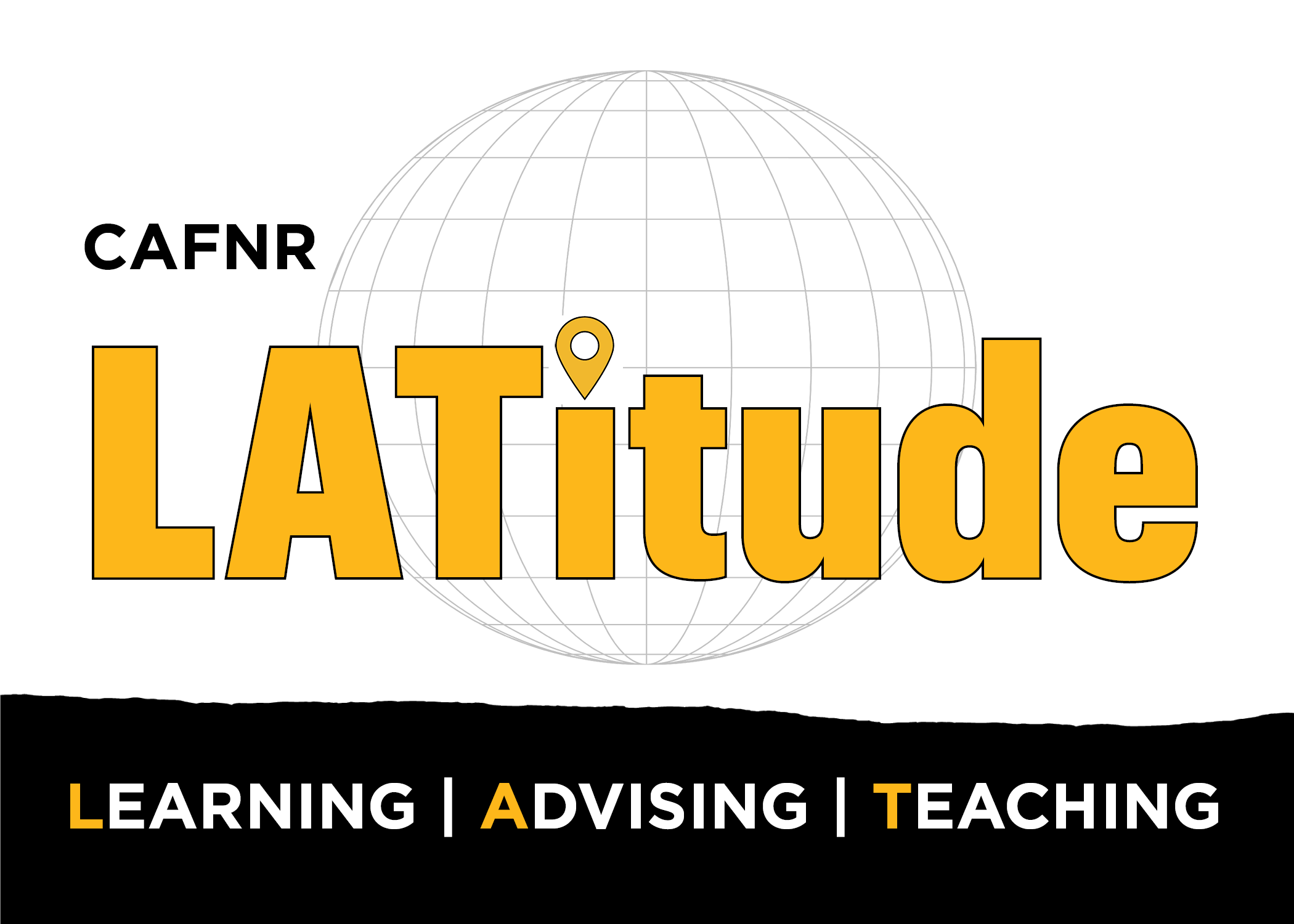|
Why did you decide to come to the University of Missouri and major in biochemistry? What do you enjoy about the program itself? The field of study? As someone who has grown up in Missouri and spent a considerable amount of time in Columbia, Mizzou was my clear choice for college. Coming into my first year at MU, I knew that I wanted to become a physician. I contemplated several majors, but the Department of Biochemistry stood out to me due to the quality of the faculty and how the coursework would prepare me for medical school. The Department of Biochemistry is filled with professors who understand the importance of their roles in shaping well-informed and pragmatic professionals. As for myself, I enjoy biochemistry as it provides us the tools to understand the myriad of beautiful processes involved in sustaining life. How have you used resources in the CAFNR Academic Programs Office (student services, career services, advising, study abroad)? What was your experience like? The CAFNR Office of Academic Programs is second to none when compared to corresponding departments in other colleges at MU. I have had only good experiences with the office, especially in terms of advising and career services. Particularly when it comes to biochemistry, the office provides access to numerous career exploration opportunities and internships. Additionally, the advising that I have received has been excellent. My advisor has made my decision-making for coursework incredibly easy and has also been a steadfast mentor for the Biochemistry Club. The staff who work in the CAFNR Office of Academic Programs are very kind and helpful. CAFNR’s RISE Initiative encourages students to have a variety of extracurricular experiences during their time at Mizzou (Research, International, Service Learning, Experiential Learning). What parts of the RISE initiative have you taken advantage of so far, and which do you plan to? What have you enjoyed about these experiences? I have been fortunate enough to have had research experience prior to college, so when I came to MU, I was able to hit the ground running. As a CAFNR student, research opportunities are endless. I recommend that every student try research at some point, as it is an experience that teaches several transferable skills and imparts understanding at a rate that cannot be replicated in a classroom setting. Working in research labs has taught me the importance of perseverance and creativity when it comes to solving complex problems. An experience that I have cherished even more than research is service learning. As a service-learner, I volunteered at the Boys and Girls Club of Columbia. In my role as a service-learner, I was able to interact with children outside of the classroom and earn their trust and friendship over time. My perspective on life has been further diversified through this experience and my love of interacting with others in a helpful context was fulfilled as well. If it were not for the pandemic, I would still be at the Boys and Girls Club today. What has been your favorite activity or experience of being a CAFNR student? My favorite experience as a CAFNR student is the annual Fall Round-Up. The round-up showcases all the different disciplines and clubs that are housed in CAFNR, which range from Biochemistry Club to the Torq’N Tigers, our tractor pulling team. It is always a pleasure to interact with all the different animals that attend as well. The Fall Round-Up also serves as a great platform to integrate freshmen into the culture of CAFNR and expose them to clubs they might be interested in joining. It is an experience that I enjoy year after year. |
